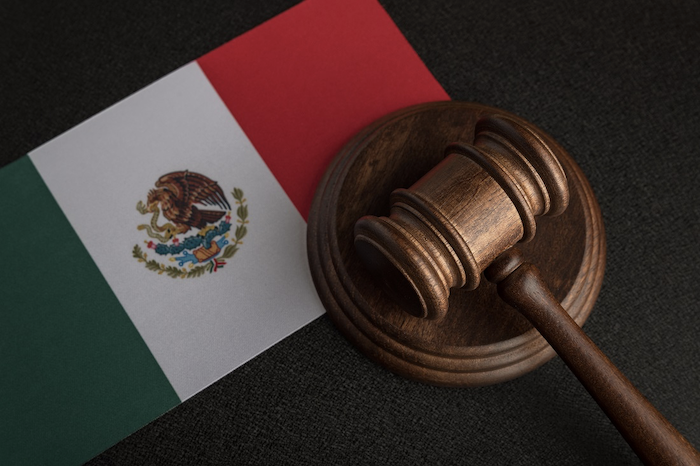By Brenda Cordova, and Francisco de la Cruz Braumiller Law Group Mexico Legal Counsel
On October 14, 2024, the Tax Administration Service (SAT – Servicio de Administración Tributaria) published on the Diario Oficial de la Federacion an amendment to the Foreign Trade General Rules (Customs Rules) for 2024 and to the Annexes 1, 2, 5 and 24 (Reglas Generales de Comercio Exterior para 2024). This is a major amendment that impacts several industries but is mainly focused on the Annex 24 (Automated Inventory Control System), the IMMEX with a VAT certification (IVA – IEPS), and the delivery and courier services companies. Below is a brief summary of some of these changes:
- Annex 24
One of the relevant amendments is that that certified companies required to have an automated inventory control system (i.e certified IMMEX ) must give the authority permanent online access to the company’s Annex 24, and therefore, they must share with the authority the user and secret password of Annex 24. Annex 24, divided by catalogs and modules, includes specific and relevant information about the company, suppliers, clients, addresses, materials, products, classification codes, dates of entry, extractions, inventory discharges, temporary importations, used materials, fixed assets, returns, destructions, donations, change of customs regimes, fixed assets, pedimentos, etc. Also, an additional Section C was added to Annex 24 requiring certified companies to electronically report under the catalogs and modules information which shall be obtained from the company´s corporate system. This shall be completed within 48. The rest of the information shall be reported at the time of paying the corresponding pedimento.
- IMMEX and VAT Certification
These obligations apply to IMMEX and may apply to other companies performing temporary importations such as Depositos Fiscales, Recintos Fiscalizados and Recintos Fiscalizados Estrategicos. The obligations vary depending on various circumstances and to the type of VAT certification (A, AA or AAA).
Generally, VAT certified companies will be required to provide additional information and comply with more requirements. For example, they must indicate the personnel who registered for social security benefits (i.e IMSS) will be performing the production process or providing services. Also, the company must prove tax and customs compliance, that it does not owe money to the tax authorities, is located within the registered domicile, is not guilty of a tax felony, and issues documents for tax purposes only when having the required infrastructure, resources, personnel, etc.
They must also show compliance with the legal status of the temporarily imported goods, the allowed periods of time for the temporary importation of goods, the bonds (garantias y fianzas) used to guarantee the VAT payment, the status of the shareholders and partners, payments and addresses where IMMEX activities take place, among other requirements.
Companies importing certain goods (sugar, steel, textiles, aluminum, etc.) must prove they have performed operations under the IMMEX program during 12 months prior to the corresponding application and that they have returned the goods within 12 months previous to the filing of the application (at least 80% of the total value of the temporary imports).
Also, they must inform the authority about the activities related to the production process or services provided in accordance with the modality of the IMMEX program.
- Delivery and courier services
These companies will be required to provide additional and correct information about their services, their clients and the goods they handle. Failure to comply will result in the cancellation of the company’s authorization to operate as a delivery and courier services company. If cancellation occurs, the company will not be able to apply for another registration for 3 years following the cancellation.
- Effectiveness of amendments
The new obligations will become effective and enforceable on different dates depending on the type of company, certification or requirement. For example, some obligations became effective on October 15, 2024, others in later dates, such as the requirements for the delivery and courier services companies, which will become effective on January 15, 2024 or the obligation to grant access to the company´s Annex 24 is on November 15, 2024, etc.
Some consider these amendments to be an excessive act of the authority which invades relevant information deemed to be confidential and privileged regarding the company. Others consider that the one (1) month given to companies to grant access to Annex 24 is too short. For sure, these amendments will facilitate and expedite the authorities’ to inspect and supervise customs compliance. Therefore, this can be an opportunity for the trade and customs operations, and their departments and personnel, to identify areas for improvement and implement strategies for better compliance, to take a closer look at their operations and be compliant to avoid cancellations, sanctions and penalties.
Waiver. This note is for information purposes only and should not be considered as legal advice.

